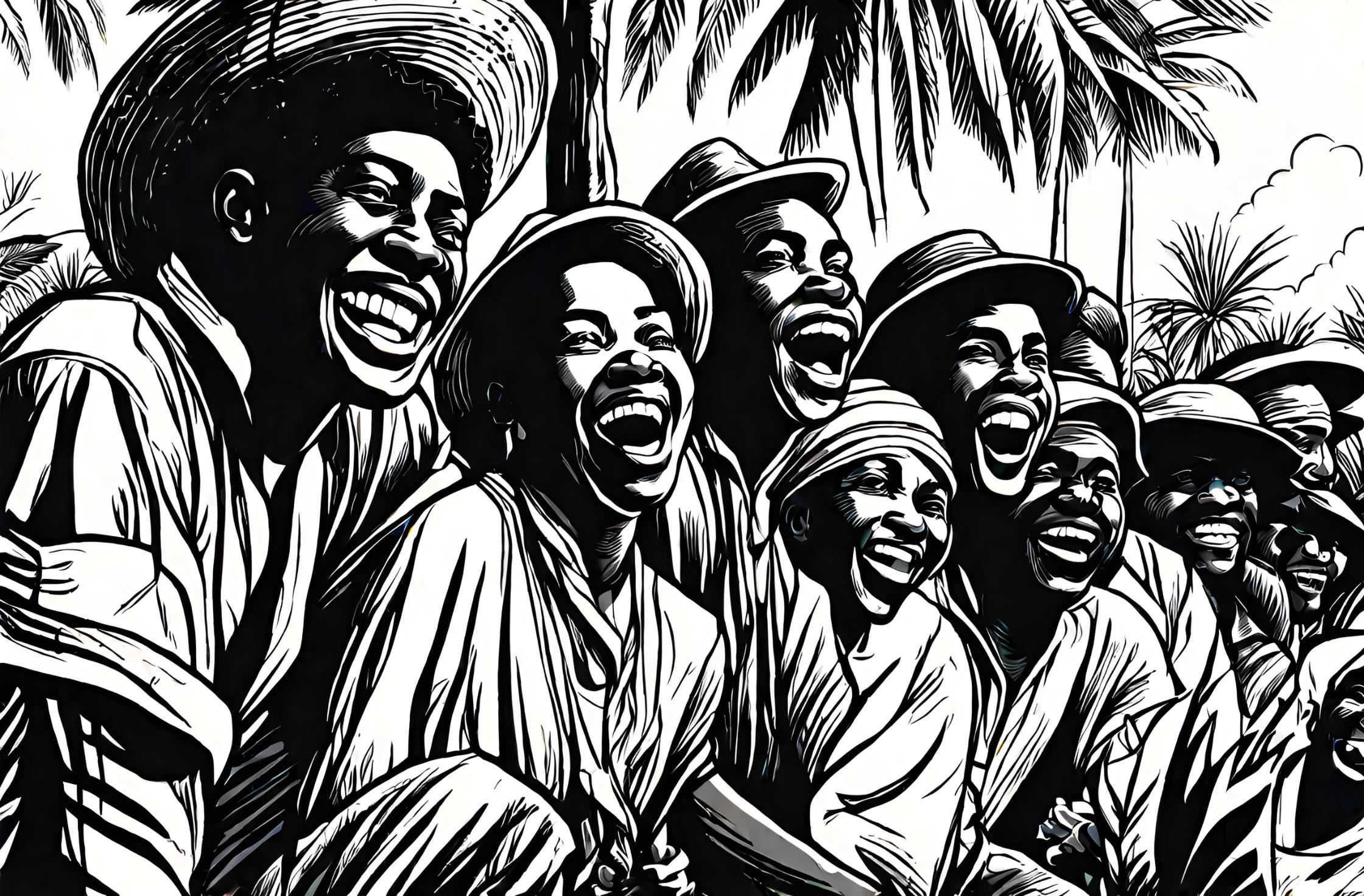Flashback to June 30
American History

The 13th Amendment which abolished slavery in the United States is a watershed moment in American history. Enacted on January 31, 1865, it fundamentally transformed the fabric of the society, shaping the path to civil equality. Today, we delve deep into the significance of this transformative event and its wider implications.
What underlines the importance of the 13th Amendment is its inherent role in advancing social justice. January 31, 1865, bears historic testimony to a momentous shift in American legislation, marking the day when the United States officially outlawed slavery under any condition, hence changing the lives of nearly four million African-Americans. Before this Amendment, they were subjected to brutal hardships under the institution of slavery, devoid of basic human rights.
As a foundation stone, the 13th Amendment set an unprecedented course for the future, leading to the eventual inception of the 14th and 15th Amendments, which collectively are known as the Reconstruction Amendments. These subsequent amendments provided equal protection under the law and voting rights, respectively, to former slaves.
The creation and enactment of the 13th Amendment weren’t born out of a sudden whim. It was the culmination of a long and arduous battle, fought persistently by countless abolitionists over decades. They struggled fiercely against the deep-rooted institution of slavery, advocating relentlessly for human rights and justice for all.
Plunging into a bloody Civil War, the United States found itself at a crossroads. It was President Abraham Lincoln, with his innate resolve and vigorous pursuit of justice, who played a pivotal role in the amendment’s adoption. He paved the way, first with the Emancipation Proclamation in 1862, which proclaimed the freedom of slaves in the ten Confederate states in rebellion. However, a definitive law was needed to abolish slavery throughout the country, giving birth to the 13th Amendment on January 31, 1865.
Exploring the language of the 13th Amendment, it is a sheer marvel of simplicity and brevity. It reads: “Neither slavery nor involuntary servitude, except as a punishment for crime whereof the party shall have been duly convicted, shall exist within the United States, or any place subject to their jurisdiction.” Despite its concise nature, the words capture the broad-spectrum intent it carried, erasing the blemishes of a dark past and emancipating millions held in bondage.
Understanding the weight of the 13th Amendment, which abolished slavery, is to appreciate an enormous leap in the evolution of American society. Yet, it’s crucial to bear in mind that while it ended the legal sanction of slavery, it didn’t instantaneously eradicate the complex structures of systemic racism, discrimination, and Black economic disenfranchisement. These were societal ills that former slaves and their descendants had to grapple with long after January 31, 1865.
Therefore, the significance of the 13th Amendment transcends beyond its actual text. It symbolizes a starting point, a bold step in pursuing equality and justice. It stands as a testament to the tireless struggle against the inhuman institution of slavery, opening doors to civil rights and evolving social values that continue to be fought for today.
the 13th Amendment which abolished slavery in the United States serves as a stark reminder of the country’s tumultuous past. The day, January 31, 1865, represents a turning point, reshaping the very contours of American society. It eradicated a brutal institution but also brought to light the deep-seated racial prejudices. Today, it reminds us of the long road ahead in achieving full racial and social justice.
We strive for accuracy. If you see something that doesn't look right, click here to contact us!
Sponsored Content

US Assay Office in…
On June 30, 1927,…

US President Harry Truman…
On June 30, 1950,…

Battle of Fort Recovery,…
The Battle of Fort…

US Assay Offices in…
On June 30, 1933,…

US Federal Equal Rights…
On June 30, 1982,…

